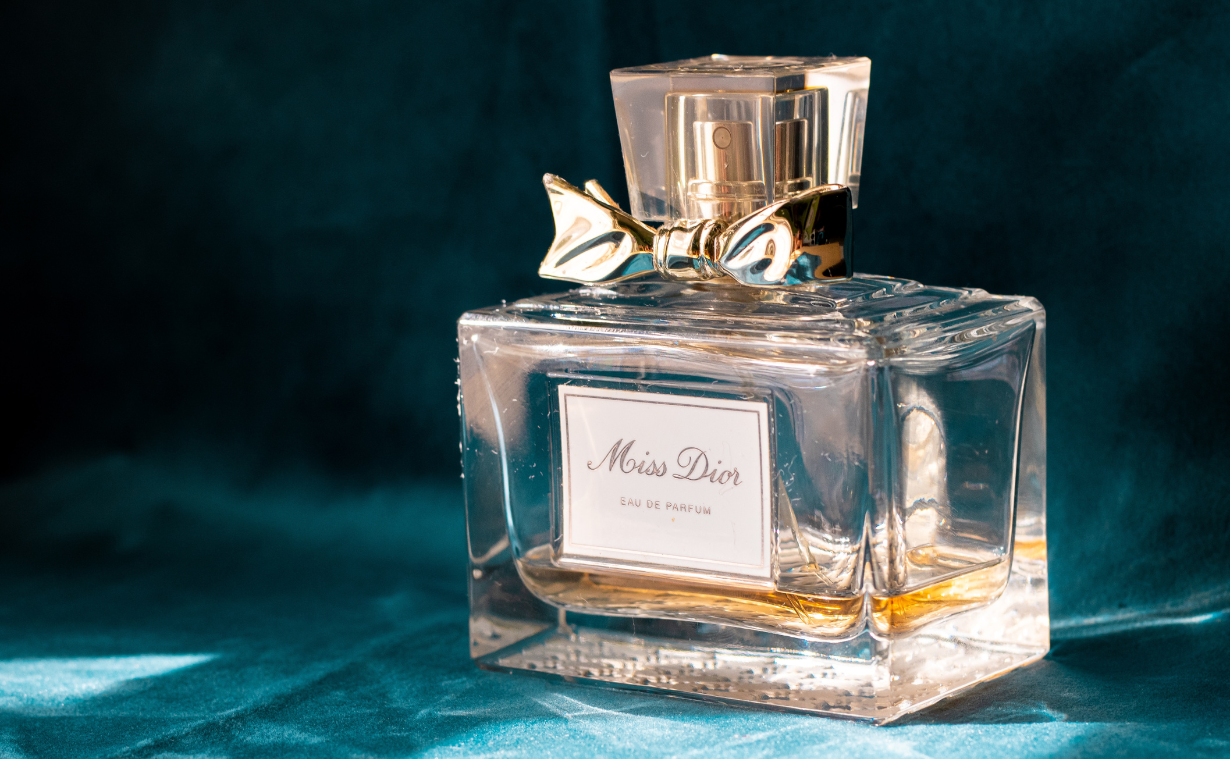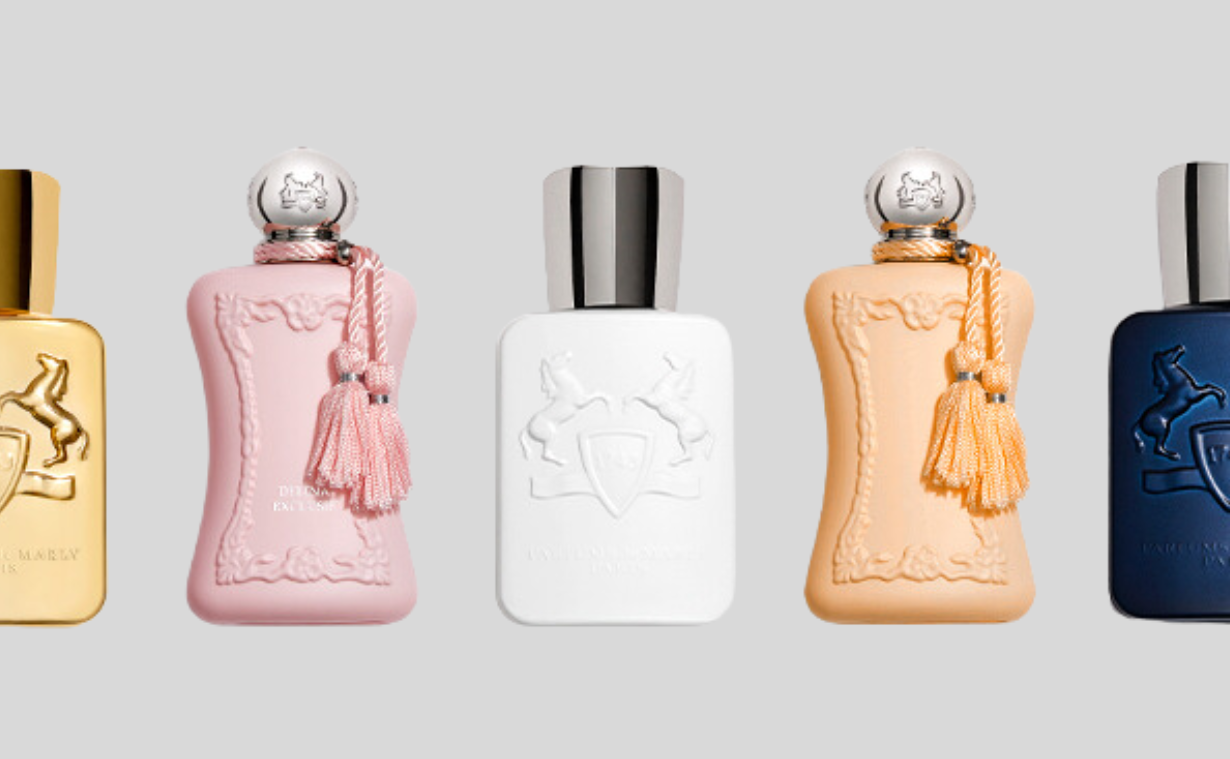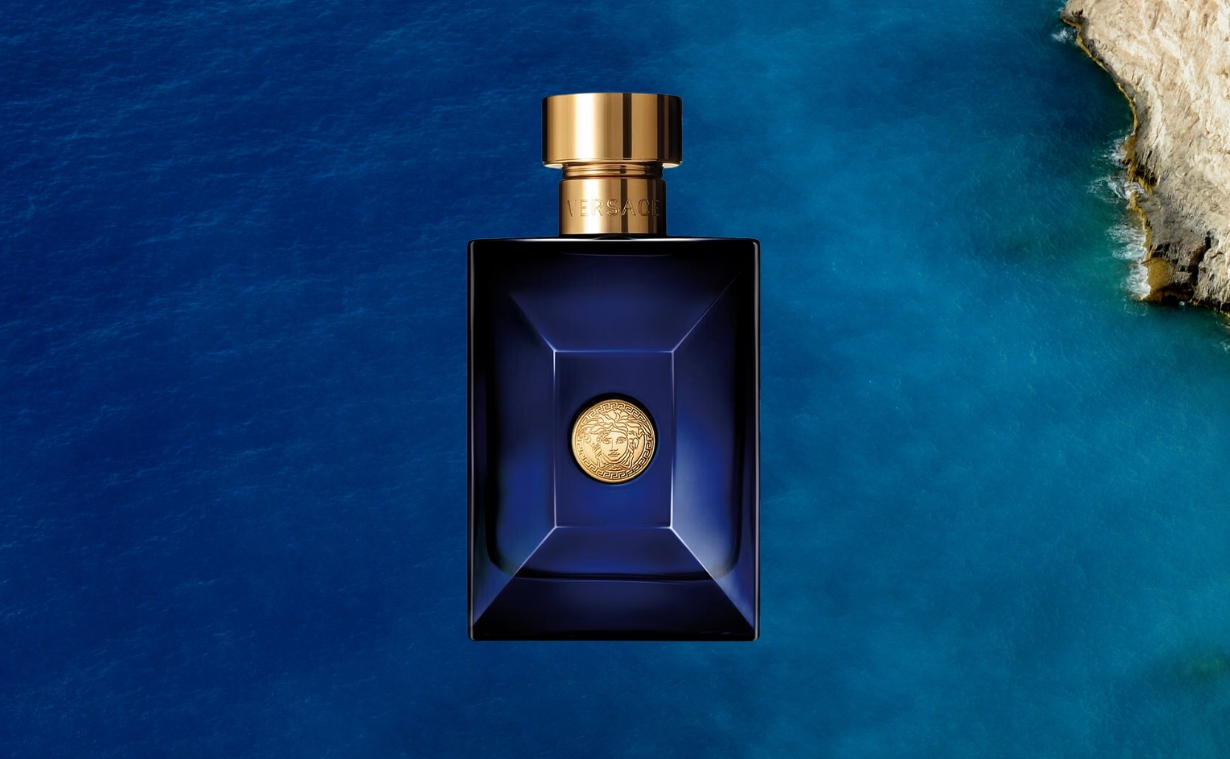Unveiling The Scent Of Your Personality: A Guide To Designer Fragrances
Unveiling the Scent of Your Personality: A Guide to Designer Fragrances
Related Articles: Unveiling the Scent of Your Personality: A Guide to Designer Fragrances
Introduction
With enthusiasm, let’s navigate through the intriguing topic related to Unveiling the Scent of Your Personality: A Guide to Designer Fragrances. Let’s weave interesting information and offer fresh perspectives to the readers.
Table of Content
Unveiling the Scent of Your Personality: A Guide to Designer Fragrances

The world of fragrances is a fascinating tapestry woven with intricate notes, evocative aromas, and a captivating ability to reflect individual personalities. Designer fragrances, in particular, offer a unique opportunity to express oneself through scent, carefully crafted to create an olfactory signature that resonates with one’s character and style.
Understanding the Language of Scent:
Before delving into the realm of designer fragrances, it is essential to grasp the fundamental elements that contribute to their olfactory composition. Fragrances are constructed using a pyramid structure, with three distinct layers:
-
Top Notes: These are the first impressions, the initial burst of scent that greets the senses. Top notes are typically light and volatile, evaporating quickly, and often characterized by citrus, floral, or fruity aromas.
-
Heart Notes: These are the core of the fragrance, the heart of its personality. Heart notes emerge as the top notes fade, offering a more complex and nuanced aroma. They often feature floral, spicy, or herbal elements.
-
Base Notes: These are the foundation of the fragrance, providing depth and longevity. Base notes are typically rich and warm, lingering on the skin for an extended period. They often include woody, musky, or amber notes.
The Art of Choosing a Fragrance:
The selection of a designer fragrance should be a thoughtful process, guided by an understanding of one’s personality, lifestyle, and preferences. Consider these key factors:
-
Personality: A fragrance should reflect your unique personality. Are you bold and outgoing? Subtle and introspective? Adventurous and free-spirited? The scent you choose should resonate with your core essence.
-
Lifestyle: Your daily activities and social engagements play a crucial role in fragrance selection. If you lead a busy and active lifestyle, a light and refreshing fragrance might be ideal. For evening events and formal occasions, a richer and more intense scent might be more appropriate.
-
Preferences: Ultimately, the fragrance you choose should be one that you genuinely enjoy. Explore different scents, experiment with various notes, and trust your own intuition.
Navigating the World of Designer Fragrances:
The world of designer fragrances is vast and diverse, offering a myriad of options to suit every taste and personality. Here are some popular fragrance families and their associated personality traits:
-
Floral: These fragrances are characterized by their delicate and feminine aromas, often featuring notes of rose, jasmine, lily, or gardenia. Floral fragrances are often associated with romanticism, femininity, and grace.
-
Citrus: These fragrances are bright, uplifting, and invigorating, often featuring notes of lemon, orange, grapefruit, or bergamot. Citrus fragrances are associated with energy, optimism, and a fresh, clean feeling.
-
Woody: These fragrances are warm, grounding, and sophisticated, often featuring notes of cedarwood, sandalwood, oakmoss, or vetiver. Woody fragrances are associated with strength, confidence, and a sense of calm.
-
Oriental: These fragrances are rich, sensual, and exotic, often featuring notes of amber, vanilla, cinnamon, or patchouli. Oriental fragrances are associated with mystery, allure, and a touch of extravagance.
-
Fruity: These fragrances are sweet, playful, and alluring, often featuring notes of berries, peach, apple, or pear. Fruity fragrances are associated with youthfulness, vibrancy, and a carefree spirit.
Finding Your Signature Scent:
The journey of discovering your signature scent is an exploration of self-discovery. Here are some tips for navigating this exciting process:
-
Seek Expert Advice: Consult with a fragrance specialist or a trusted friend who has a keen sense of smell. They can provide guidance and help you explore different fragrance families.
-
Sample, Sample, Sample: Never purchase a fragrance without trying it on your skin first. Fragrances react differently on each individual, so it is essential to experience how it develops on your unique body chemistry.
-
Pay Attention to the Notes: Take note of the top, heart, and base notes of a fragrance. Consider how these notes blend together and how they evolve over time.
-
Consider the Occasion: Think about the situations in which you will be wearing the fragrance. A fragrance for a casual day out might differ from one you would wear for a special event.
-
Trust Your Instincts: Ultimately, the best fragrance for you is the one that makes you feel confident, empowered, and true to yourself.
The Power of Scent:
Choosing the right fragrance can have a profound impact on your life. A well-chosen scent can boost your confidence, enhance your mood, and leave a lasting impression on others. It can be a subtle yet powerful expression of your personality, a statement of your individuality, and a reminder of your unique essence.
FAQs:
Q: How long does a fragrance last?
A: The longevity of a fragrance depends on various factors, including its concentration, the notes used, and your body chemistry. Fragrances with a higher concentration, such as parfums and eau de parfums, typically last longer than those with a lower concentration, such as eau de toilettes and eau de colognes.
Q: What is the difference between eau de parfum, eau de toilette, and eau de cologne?
A: These terms refer to the concentration of fragrance oils in a perfume. Parfum has the highest concentration, followed by eau de parfum, eau de toilette, and eau de cologne. The higher the concentration, the stronger and longer-lasting the fragrance.
Q: How do I apply fragrance correctly?
A: Fragrance should be applied to pulse points, where blood vessels are close to the surface of the skin. These areas include the wrists, neck, behind the ears, and the inner elbows. Avoid rubbing the fragrance into the skin, as this can break down the scent molecules.
Q: Can I wear different fragrances for different occasions?
A: Absolutely! You can choose different fragrances to suit different occasions, moods, and seasons. For example, a light and floral fragrance might be ideal for a summer day, while a rich and spicy fragrance might be more appropriate for a winter evening.
Conclusion:
Finding the perfect designer fragrance is a journey of self-discovery, a celebration of individuality, and a testament to the power of scent. By understanding the language of fragrance, considering your personality and lifestyle, and exploring the diverse world of designer scents, you can unveil the olfactory signature that truly embodies your unique essence. Let your fragrance be a reflection of your inner self, a captivating story told through the magic of scent.








Closure
Thus, we hope this article has provided valuable insights into Unveiling the Scent of Your Personality: A Guide to Designer Fragrances. We hope you find this article informative and beneficial. See you in our next article!
You may also like
Recent Posts
- Shaping The Homes Of Tomorrow: Home Decor Trends For 2025
- Navigating The Evolving Landscape Of Home Decor Trends: A Comprehensive Guide
- Weaving History And Home: A Guide To Unique Vintage Farmhouse Decor
- The Enduring Appeal Of Wooden Duck Home Decor: A Timeless Symbol Of Nature And Serenity
- Beyond The Ordinary: A Guide To Unique Home Decor Accessories
- Navigating The Fast Fashion Landscape: Exploring Alternatives To SHEIN
- A Global Network Of Home Improvement: The Reach Of The Home Depot
- Finding The Perfect Pieces: A Guide To Home Decor Shopping
Leave a Reply